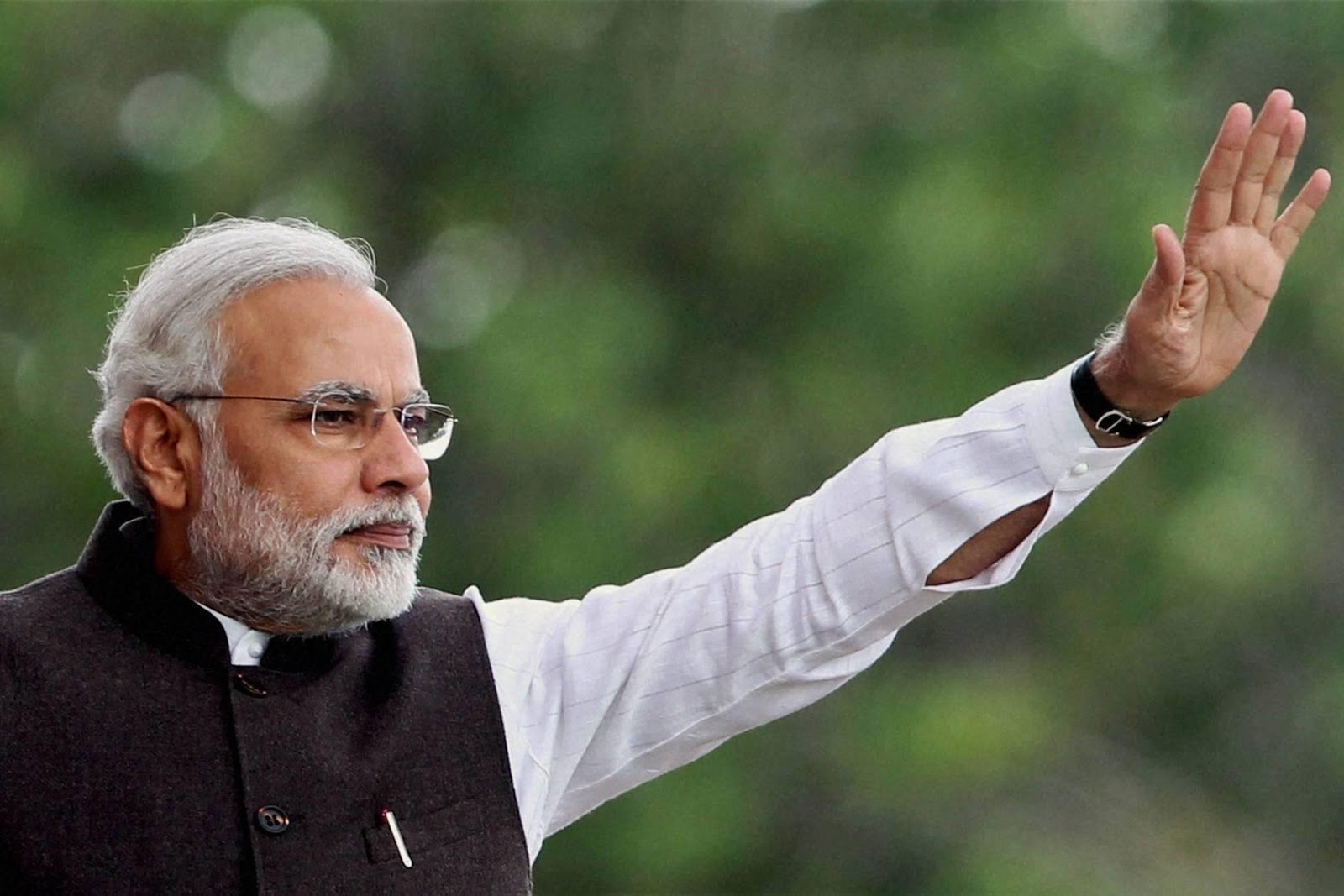Tuesday, January 23

INDIA’S STAKE IN GROUND
Modi to lay out vision for globalisation at World Economic Forum

India’s prime minister will present his globalist leadership credentials to a high-powered audience when the World Economic Forum in Davos kicks off today.
Last year, Chinese President Xi Jinping laid out a vigorous defence of free trade as Beijing sought to claim global leadership from an increasingly inward-looking US.
Today’s speech is a chance for New Delhi to challenge this vision; Beijing largely spurns the Bretton Woods establishments in favour of Chinese-led institutions, such as the Asian Infrastructure and Investment Bank.
Mr Modi is expected to push for further economic liberalisation, both at home and abroad. His hope is to spur Indian economic growth. In 2015, the subcontinent achieved a 7% growth rate—the first time the subcontinent eclipsed China’s economy in decades. To do this, India’s leader has championed a range of initiatives, including a “Make in India” campaign and the cutting of red tape to improve the investment climate.
Expect Modi to talk up India’s economic prospects in a grandiose keynote speech today. But whether New Delhi can deliver on its commercial potential remains to be seen.
NO-FTA?
Economists question US withdrawal as sixth round of NAFTA talks begin

Today, the sixth round of renegotiations of NAFTA kicks off in Montreal. They will focus on energy, investment, financial services and agriculture.
Coinciding with the start of the World Economic Forum in Davos, Switzerland, some economists have raised concerns about a US withdrawal from the treaty. President Trump has cited an impasse on the issue of payment for a border wall between the US and Mexico as a potential reason for withdrawal.
However, it is likely that the agreement will be renegotiated successfully, with only marginal changes. In a recent Reuters poll of 45 economists, 41 believed the renegotiations would result in an updated trilateral agreement not radically different from the current one. Other economists have warned that withdrawal from the treaty would eliminate tariff advantages that could be potentially devastating for American agriculture and consumer prices.
With a Mexican presidential election scheduled for July of 2018 and US midterm elections in November, pressure to conclusively wrap up renegotiations has increased. However, expect the economic disadvantages of withdrawal to outweigh rhetorical threats of unfairness in shaping the Trump administration’s decision on whether or not to withdraw.
Delve deeper: NAFTA renegotiations: US protectionism writ large
NOT SO GREAT DICTATOR
Anti-Maduro protests expected on anniversary of fall of Jimenez

Venezuelans will take to the streets today to celebrate the 60th anniversary of Venezuelan dictator Marcos Pérez Jiménez’s fall from power.
Historically, Venezuelans have used today’s unofficial public holiday as a venue to speak to the actions of their government. In 2015, for example, thousands flooded the streets of Caracas to voice their support for President Nicolás Maduro’s government, besieged by the “economic warfare” of pro-opposition businessmen.
Since the 2016 Supreme Court’s suspension and subsequent seizure of the legislative powers of the National Assembly, demonstrators have actively protested against increasingly centralising state control of the country, despite the overturning of the ruling in March 2017. Critics have credited Maduro’s government with causing the hyperinflation, chronic food shortages, all-time high rates of crime and violence, a mounting deficit and falling oil production that has wracked the country.
Expect the cumulative impact of political and economic frustrations to motivate activists today to continue protesting against the government that many of them lauded three years ago. However, do not expect the sentiments of those marching today to substantially contribute to the unification of the internally fractured political opposition.

